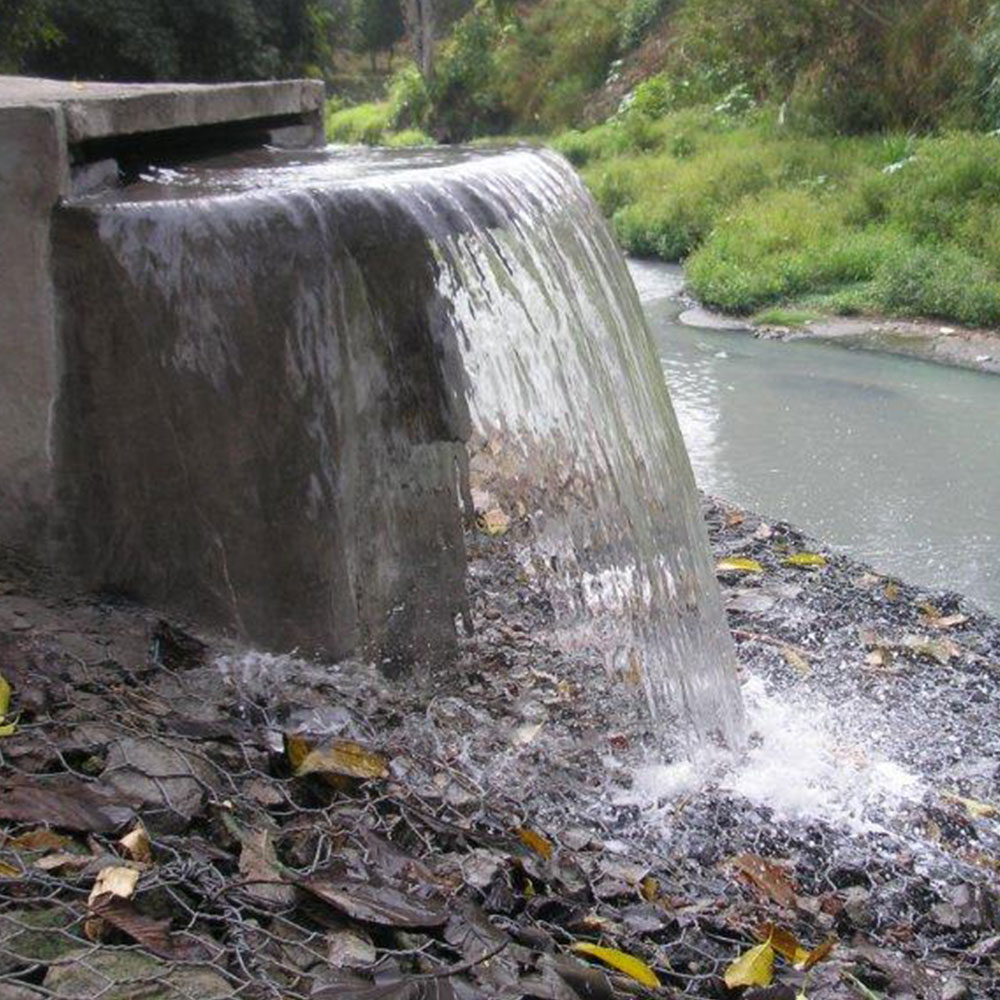

In 2005, Hilasal launched an environmental sustainability program, converting 90 percent of local supplier waste and its own into energy that powers its mill.
Instead of discarding the textile waste without thought, Hilasal feeds its clean incinerator with this material along with biomass like paper and cardboard to generate 7.8 tons of steam per hour. This leaves just 3 percent of its original waste, in the form of ashes, to be disposed of in an authorized landfill. Zero fossil fuels are burned at the El Salvador textile mill.
Hilasal’s sustainability program and commitment to decreasing its ecological footprint granted it the 2017 National Environmental Award by El Salvador’s Ministry of Environment and Natural Resources.
Hilasal operates under the strictest manufacturing safety standards and water recycling processes. While most textile manufacturers implement a two-step water treatment process, Hilasal undergoes an extensive seven-step practice. Its state-of-the-art water treatment and conservation facilities allow the company to purify its water to the fullest extent and return it to the valley river from which it was derived. Hilasal also only uses biodegradable dyes to prevent dye runoff and contamination. The purified water is also tested bi-monthly by a third-party company.
We have invested in LED lighting in our facilities and in a Solar Energy project that generates 6.7 MW of solar power, reducing the use of non-renewable energy.
Some of the benefits that can be derived from the use of solar panels include the reduction of the use of fossil fuels and thus air pollution, and creates a more sustainable source of energy that can be maintained in the future.
